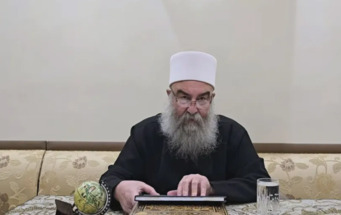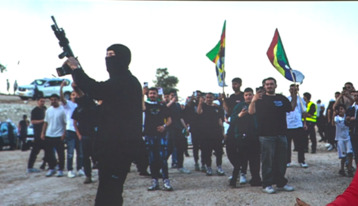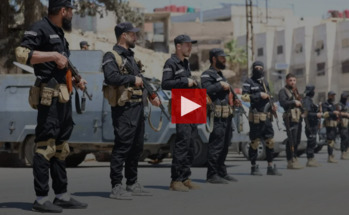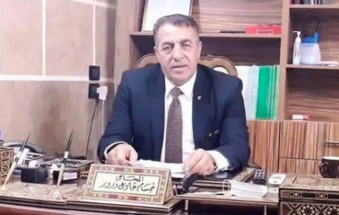-
Anger in Lebanon as insolvent banks donate $6 million for coronavirus
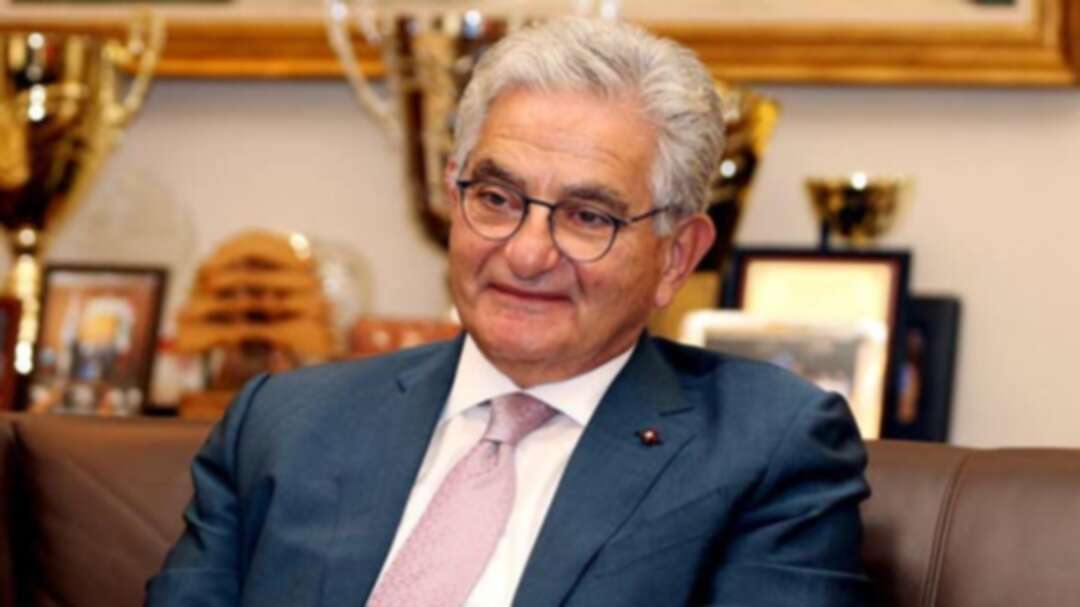
The Association of Banks in Lebanon’s decision to donate $6 million to government hospitals battling coronavirus has drawn criticism from angry depositors.
“
“One minute he is donating our money and the next he has used Corona as an advert for his poisoned
https://twitter.com/JoyceJ010/status/1240922341342879745
Another Arabic user likened the ABL’s gesture to “giving an HIV patient a cup of camomile tea.”
The money from the ABL will purchase 120 respirators for use exclusively on corona patients across Lebanon, according to a statement from Sfeir’s office.
“Our initiative is a national obligation. It is only the beginning and will be followed by many more in the upcoming days,” Sfeir said in a press conference announcing the donation. He added that the banking sector will continue to be on the front line of the fight against coronavirus.
Dr. Naji Aoun, an Infectious Control Physician at Clemenceau Medical Centre, believes that the ABL’s donation would only make a difference if cheap treatment and testing become available soon.
“We don’t need money in private hospitals. What we need is the support of our government to open airspace and shipping routes to import medication and rapid testing kits.”
Rapid testing kits, which are cheap and quick to deploy, are not currently approved by Lebanon’s Health Ministry. This has left many importers unable to bring much-needed supplies such as testing kits into the country, Dr. Aoun explained.
 A woman cleans up glass from a broken facade of a bank in Beirut, Lebanon, after anti-government protests. (Reuters)
A woman cleans up glass from a broken facade of a bank in Beirut, Lebanon, after anti-government protests. (Reuters)Healthcare struggling but capital controls unpopular
The ABL’s donation is desperately needed. Coronavirus cases in Lebanon have almost doubled in the last four days, bringing the total to just over 300. Human Rights Watch warned Tuesday that the country’s financial and economic crisis has led to a shortage of medical supplies, pointing out that the government owes private hospitals around $1.3 billion in unpaid bills.
But the angry public response was hardly surprising at a time when public trust in the Lebanese banking sector couldn’t be lower. The ABL fell foul of Lebanese citizens last year after banks imposed informal capital controls on depositors in response to Lebanon’s ongoing economic crisis.
Many depositors feel that the capital controls were imposed unfairly, allowing those with influence to send their money abroad when banks were supposedly closed. Estimates of the illegal capital flight range from $800 million to $11 billion.
Many prominent Lebanese politicians have also made donations in recent days including Druze leader Walid Joumblatt. Last weekend, Joumblatt pledged $500,000 to Rafiq Hariri Hospital - the largest public hospital in Lebanon and the only one to offer free testing for coronavirus – and $100,000 to the Lebanese Red Cross.
“With the outbreak of the epidemic, new measures must be taken, including a national fund to look after hundreds of thousands who have lost their jobs,” Joumblatt added during an appearance on a local TV show. levant
source: Jacob Boswall levant
You May Also Like
Popular Posts
Caricature
BENEFIT Sponsors BuildHer...
- April 23, 2025
BENEFIT, the Kingdom’s innovator and leading company in Fintech and electronic financial transactions service, has sponsored the BuildHer CityHack 2025 Hackathon, a two-day event spearheaded by the College of Engineering and Technology at the Royal University for Women (RUW).
Aimed at secondary school students, the event brought together a distinguished group of academic professionals and technology experts to mentor and inspire young participants.
More than 100 high school students from across the Kingdom of Bahrain took part in the hackathon, which featured an intensive programme of training workshops and hands-on sessions. These activities were tailored to enhance participants’ critical thinking, collaborative problem-solving, and team-building capabilities, while also encouraging the development of practical and sustainable solutions to contemporary challenges using modern technological tools.
BENEFIT’s Chief Executive Mr. Abdulwahed AlJanahi, commented: “Our support for this educational hackathon reflects our long-term strategic vision to nurture the talents of emerging national youth and empower the next generation of accomplished female leaders in technology. By fostering creativity and innovation, we aim to contribute meaningfully to Bahrain’s comprehensive development goals and align with the aspirations outlined in the Kingdom’s Vision 2030—an ambition in which BENEFIT plays a central role.”
Professor Riyadh Yousif Hamzah, President of the Royal University for Women, commented: “This initiative reflects our commitment to advancing women in STEM fields. We're cultivating a generation of creative, solution-driven female leaders who will drive national development. Our partnership with BENEFIT exemplifies the powerful synergy between academia and private sector in supporting educational innovation.”
Hanan Abdulla Hasan, Senior Manager, PR & Communication at BENEFIT, said: “We are honoured to collaborate with RUW in supporting this remarkable technology-focused event. It highlights our commitment to social responsibility, and our ongoing efforts to enhance the digital and innovation capabilities of young Bahraini women and foster their ability to harness technological tools in the service of a smarter, more sustainable future.”
For his part, Dr. Humam ElAgha, Acting Dean of the College of Engineering and Technology at the University, said: “BuildHer CityHack 2025 embodies our hands-on approach to education. By tackling real-world problems through creative thinking and sustainable solutions, we're preparing women to thrive in the knowledge economy – a cornerstone of the University's vision.”
opinion
Report
ads
Newsletter
Subscribe to our mailing list to get the new updates!

